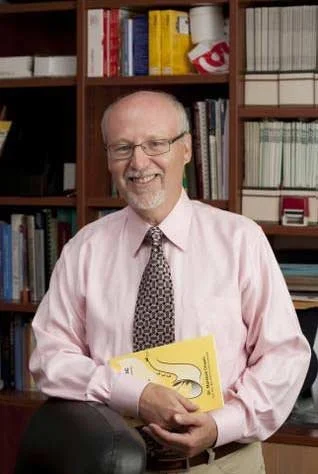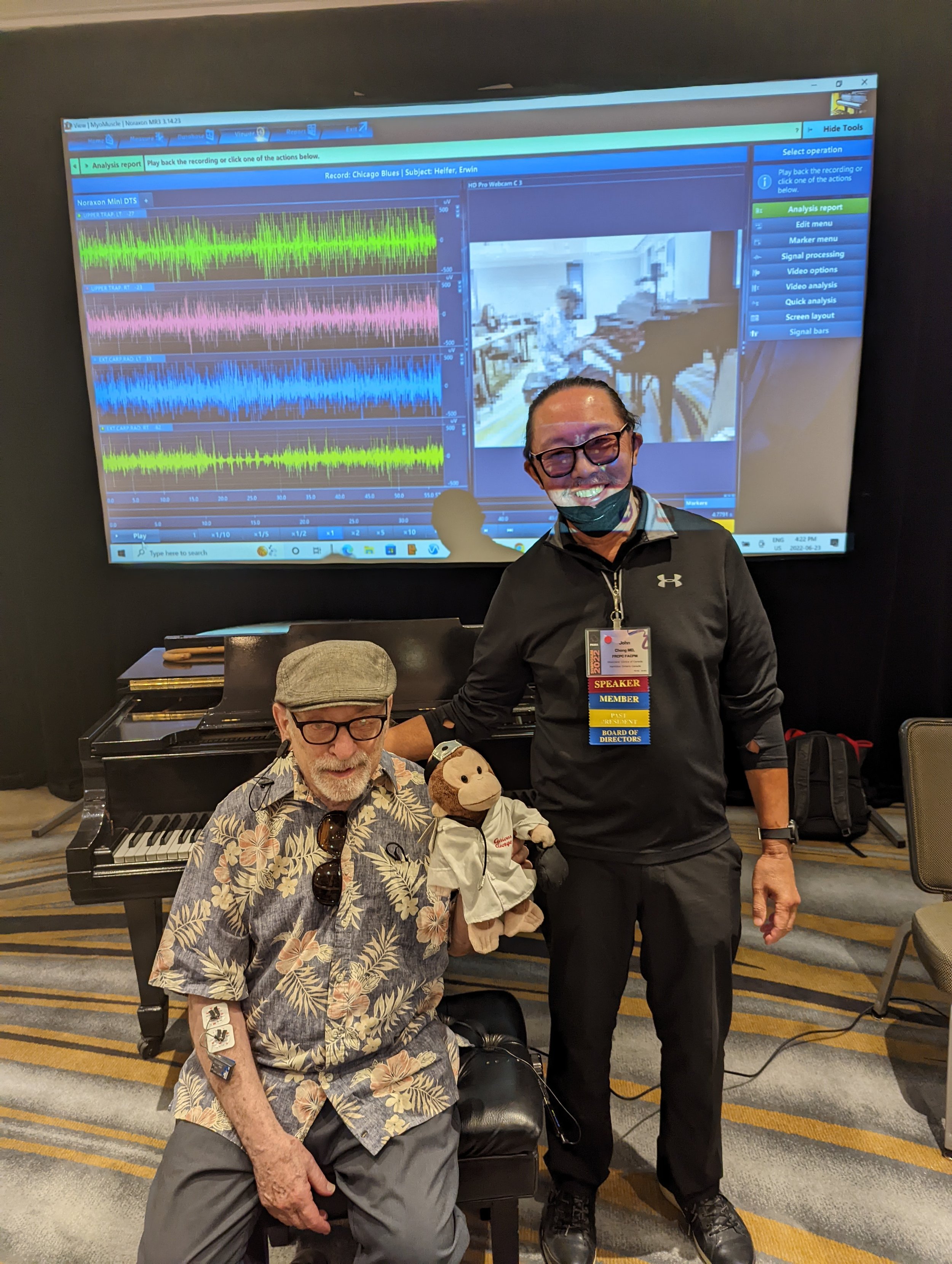Meet the Team
The Musicians’ Clinics of Canada began in 1985 at the request of the Organization of Canadian Symphony Musicians after completing a needs assessment amongst their membership. The pilot clinic was set up within the McMaster Faculty of Health Sciences with minimal resources and the results were published in the Canadian Family Physician and Medical Problems of Performing Artists. In 1990 the project expanded to become the Centre for Human Performance and Health Promotion, a multidisciplinary clinic including specialists from public health and preventive medicine, physical medicine and rehabilitation, orthopedic surgery, psychiatry, and allied health care professionals including physiotherapy, occupational therapy, kinesiology, audiology, athletic training, social work, massage therapy, acupuncture, shiatsu, Feldenkrais, Laban/Bartenieff, Tai Chi and Qi Gong. This was the clinical laboratory from which an integrative approach to patient care was created allowing the performing artist patient to experience a broad range of interventions funded by the publicly funded health care system in Ontario.
Unfortunately, with drastic cuts to healthcare funding by the provincial government of the time, the Centre scaled back operations in 1996 to two boutique clinics based in Hamilton and Toronto, maintaining publicly funded consultations, a Performance Exposure Therapy Program, medical psychotherapy, and audiology. Trauma-informed care approaches allow for the treatment of complex playing related musculoskeletal disorders (PRMD) including performance stress-related disorders of motor control or focal dystonia (FD).
Surface electromyography and motion analysis (Noraxon), heart rate variability (Heart Math), and neurobiofeedback (Thought Technology) was blended into the therapeutic frame to create a portable Artists’ Psychophysiology and Ergonomics Lab (APELab) which is the technology used to formulate the integrative conceptualization and treatment interventions in the Performance Exposure Therapy Program (PET). This technology is also critical in the evaluation of clinical target outcomes in the psychophysiological approach to treatment as described in the recently published book chapter in the textbook Performing Arts Medicine in 2018. Numerous lecture/workshops have been presented internationally and in Canada utilizing the APELab to demonstrate key components of performance stress of the musician and the relationship to adverse injury health outcomes and sub-optimal musical performance.
With the legalization of cannabis for medical and recreational uses in Canada in 2018, the Cannabis Health Integrative Medicine Prevention Program (CHIMP) was created to assess, prescribe, and evaluate cannabis-based medicines provided to patients in the Musicians’ Clinics of Canada. Both qualitative and quantitative evaluation is ongoing to assess the impact of medical cannabis preparations as a complementary and alternative treatment for playing-related musculoskeletal disorder, anxiety, depression, nerve entrapments and various stress-related disorders including focal dystonia. “Medical Cannabis in Performing Artist-Centric Care” was presented at the Performing Arts Medicine Association International Symposium at UCLA in 2019.
Patient clinical progress is measured by the Musculoskeletal Pain Intensity and Interference Questionnaire for Musicians (MPIIQM), the Depression, Anxiety and Stress -21 Scale (DASS-21) and the Pittsburgh Sleep Quality Index (PSQI).







